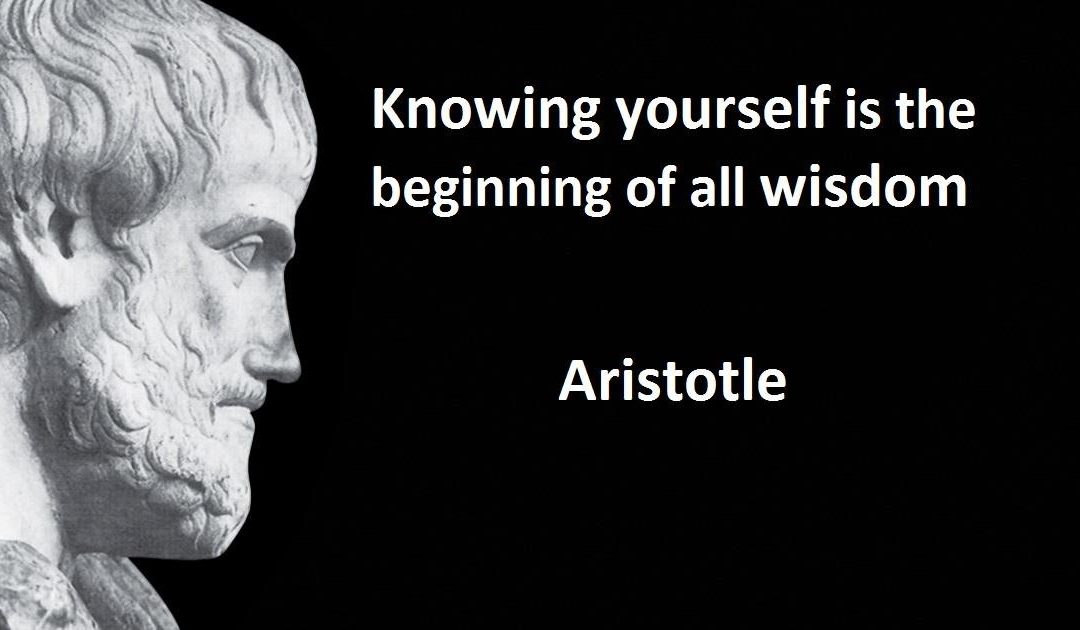Occasionally, we find that the focus of attention, when looking at this topic, tends to be on developing Mental Toughness as if it was the sole focus of the concept and its applications.
This is not necessarily always the case.
Mental Toughness is a concept which describes an important personality trait which is difficult to assess. It is much more about reading minds than observing behaviour – and our mindset is a significant factor in determining our behaviour.
It represents a spectrum with Mental Toughness at one end and Mental Sensitivity at the other. There is no attempt to label anyone. We all sit somewhere on that spectrum and indeed when we look at the 8 factors that make up Mental Toughness, it is possible for us to be mentally tougher in some factors and more mentally sensitive in others.
The key is creating self-awareness about one’s mental sensitivity or one’s mental toughness. To understand WHY I respond mentally the way I do to events when they occur and, from that, WHY others might respond to me because of that.
This enables us to make more informed decisions about our behaviours which spring from our mental toughness – particularly in deciding whether we need to or want to change something or to remain the way we are and develop coping strategies to address issues that might arise.
An earlier post illustrated the fact that there could sometimes even be potential downsides to being mentally tough – again nearly always arising from a lack of self-awareness about one’s impact.
And although it might appear that the mentally sensitive feel every bump on the road through life and achieve less, it is also true that they can possess some advantages not always a feature of the Mentally Tough.
Correlational research studies show that, generally, all things being equal, the mentally tougher amongst us will achieve more and lead more contented lives than do the mentally sensitive. Those studies do not include a level of self-awareness – they are examining what is.
Much of the value of the Mental Toughness concept lies in its capacity to create self-awareness about the factors that impact on everyone’s lives. It’s about “enabling everyone to be the best that they can be, whoever they are!”. This is a straight quote from the originator of the term Mental Toughness – Jim Loehr – which is sometimes forgotten.
What this enables (and it is an enabler, not an outcome) is the capability for everyone to understand themselves better and to lead a more effective, perhaps productive and contented life. Including being able to deal well with the “bumps in the road” that can sometime de-rail us.
A good deal of our work, and that of our partners and associates, is not focused on labelling people or passing or failing people but to support everyone “be comfortable in their own skin” and to optimise their abilities, interests, and knowledge.
The evidence is that this works and that it works well.
This has an implication for a lot of HR and OD practice. For instance, we see a lot written about Talent Management but, when you look closely, its often about working with an elite, specially selected group of individuals. Talent Management could, and perhaps should, embrace everyone. (For an interesting insight see Professor Rob Briners article: http://www.hrmagazine.co.uk/article-details/whats-the-evidence-for-talent-management).
Likewise, it’s not a surprise that coaches and mentors are amongst the groups who pick up what we are doing in large numbers. Helping the client to know themselves is central to their work.
Those who work with us and know us well will know that a core value at AQR International is professionalism and evidence-based practice. Our work is supported by independent academic research from all over the world. There are more than 80 peer-reviewed papers which contribute to what we offer. Mental Toughness is not the latest HR or OD fad.
One of our recent posts featured Emmanuel, A Masai Tribal Elder who described what Mental Toughness means in the Masai culture – where it featured in everyone’s lives. In the end, he summed up with the words “Mental Toughness is Wisdom!”. That reminded me of Aristotle – “Knowing yourself is the beginning of all wisdom”.
The Mental Toughness Concept has a valuable contribution to make in this regard to individuals and organisations alike in their pursuit of achievement, wellbeing, agility, and aspirations.
If you want to know more about our work with Mental Toughness or how to train to use the concept and the associated psychometric measures properly, contact headoffice@aqr.co.uk.



